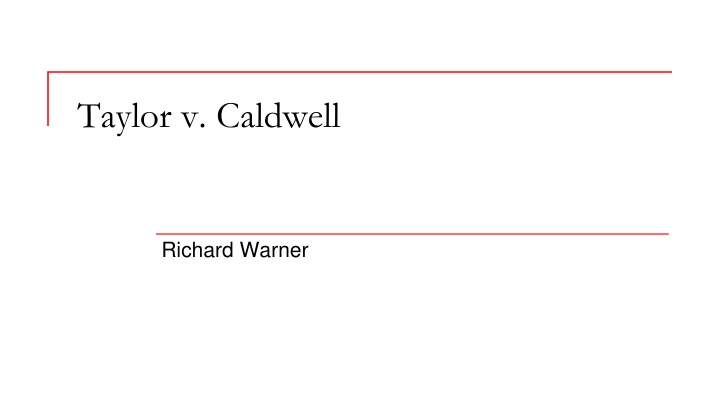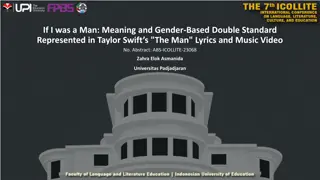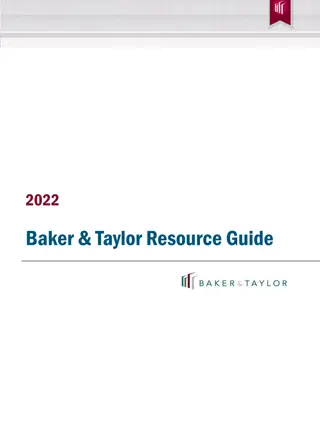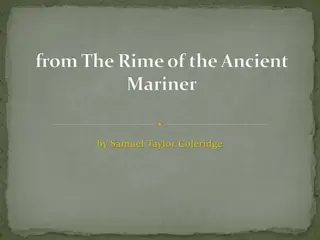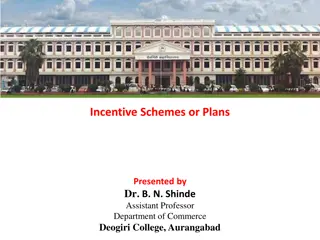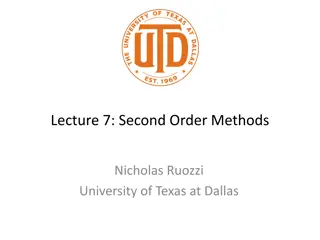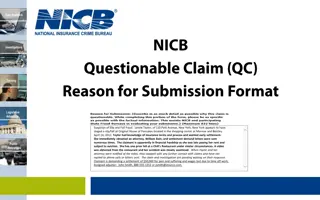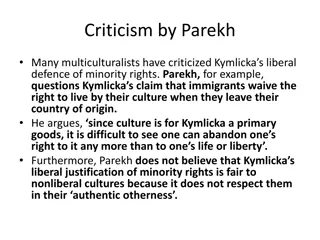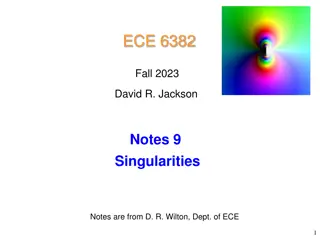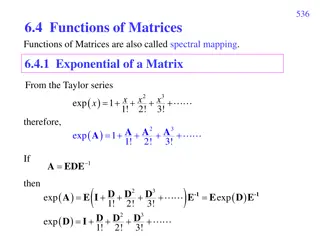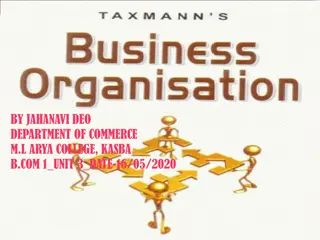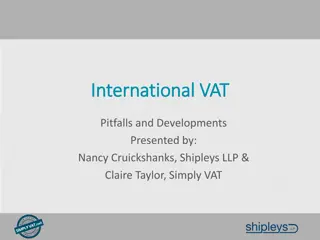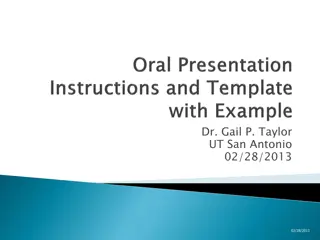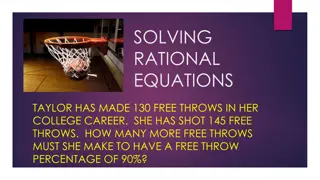Taylor v. Caldwell
The case of Taylor v. Caldwell involves a contract to rent a music hall that burned down before the concert, leading to discussions on breach, expectation damages, reliance damages, excusing performance, implied conditions, and court perspectives.
Download Presentation

Please find below an Image/Link to download the presentation.
The content on the website is provided AS IS for your information and personal use only. It may not be sold, licensed, or shared on other websites without obtaining consent from the author.If you encounter any issues during the download, it is possible that the publisher has removed the file from their server.
You are allowed to download the files provided on this website for personal or commercial use, subject to the condition that they are used lawfully. All files are the property of their respective owners.
The content on the website is provided AS IS for your information and personal use only. It may not be sold, licensed, or shared on other websites without obtaining consent from the author.
E N D
Presentation Transcript
Taylor v. Caldwell Richard Warner
Facts There was a contract to rent out a music hall at 100 pounds a day. The hall burned down before the concert took place. Was there an arguable breach? Yes, the owner of the hall did not provide the hall as promised.
Expectation Damages for the Promoter Promise kept: Promoter puts on concert, gets profit Result of breach, proper mitigation: no profit Mitigation: assume nothing to do in mitigation. Foreseeable (can you state the full rule?): Yes. Provable with reasonable certainty: probably not in 1863.
Reliance Damages The promoter asks for reliance damages: moneys paid by the plaintiffs in advertising the concerts and for sums expended and expenses incurred by them in preparing for the concerts. The court will award them unless the burning down of the hall excuses the owner s contractual obligation to provide it to the promoter.
Excusing Performance Suppose contrary to fact that the contract said, I will rent you the hall on the condition that it does not burn down before the concert. Then the condition would fail (= not be fulfilled), and there would be no obligation to rent the hall. Recall conditional promises from our discussion of consideration.
The Court Implies A Condition It appears that the parties must from the beginning have known that it could not be fulfilled unless when the time for the fulfillment of the contract arrived some particular specified thing continued to exist, so that, when entering into the contract, they must have contemplated such continuing existence as the foundation of what was to be done; there, in the absence of any express or implied warranty that the thing shall exist, the contract is not to be construed as a positive contract, but as subject to an implied condition that the parties shall be excused in case, before breach, performance becomes impossible from the perishing of the thing without default of the contractor.
Courts View of What They Thought Nothing about the condition On the condition the hall exists On the condition the hall exists
The Doctrine of the Destruction of the Essential Object A relevant condition will be implied when the parties knew that the contract could not be fulfilled unless some object continued to exist. Expands to become the doctrine of impossibility.
The Doctrine of Impossibility A relevant condition will be implied when an event unforeseen at the time of contracting makes performance impossible. This transforms into the doctrine of impracticability. Along the way the courts drop the fiction of the implied condition.
